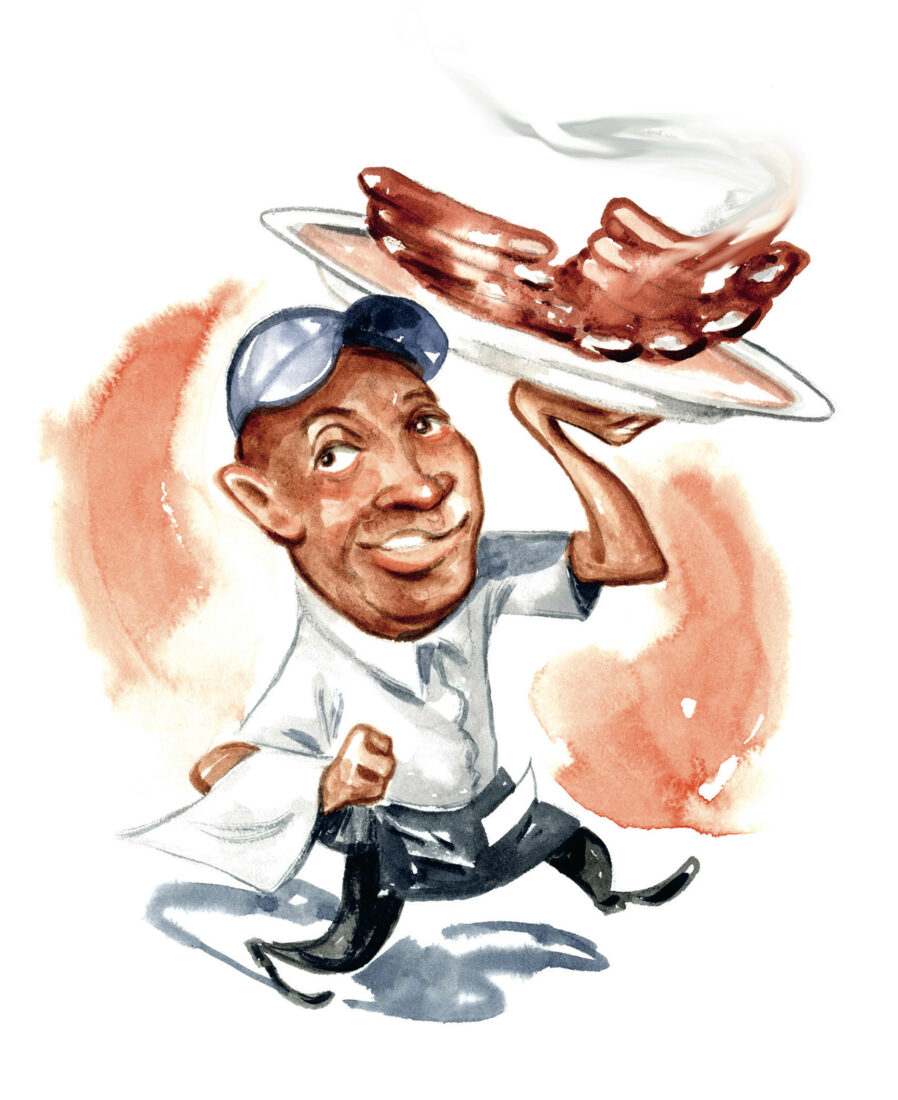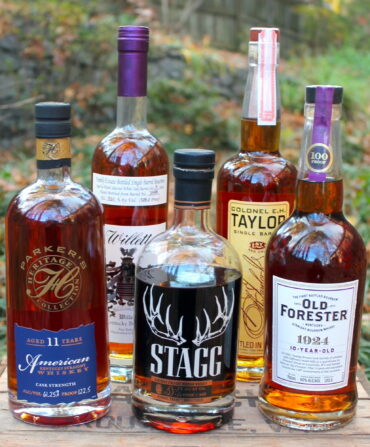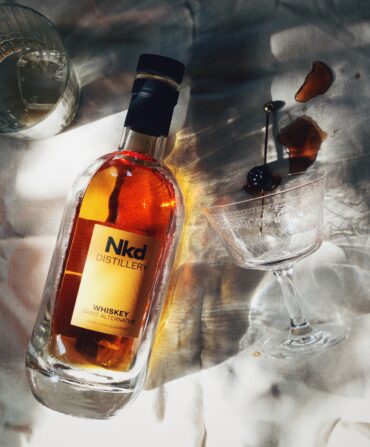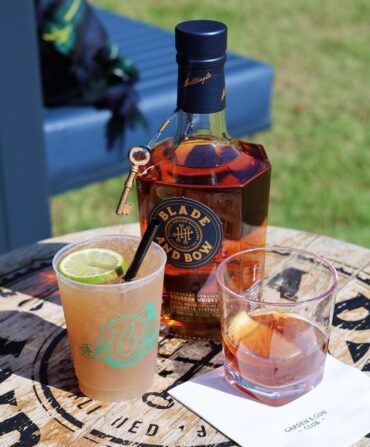Charlie Vergos didn’t invent barbecue ribs when he opened Rendezvous in downtown Memphis in 1948, but he did make them iconic. “You can smell them barbecuing from the Peabody hotel,” says Robert Stewart Jr., who for the last four decades has worked at times as a waiter, cook, bartender, and jack of all trades at the cozy red-checkered-tablecloth establishment. “The customers are my friends. I know their names and their faces, and I’ve watched their kids grow up to come in and teach their kids how to eat ribs.” Although it may seem counterintuitive since Rendezvous’s ribs are famously dry rubbed, a baste keeps the rack moist and creates a nice char as the meat slow-cooks on the grill for about an hour and a half. To make a baste at home, mix ½ cup water, ½ cup distilled white vinegar, ¼ cup barbecue sauce (Rendezvous uses a sweet tomato, mustard, and vinegar combo), and 3 tablespoons of seasoning (Rendezvous’s is a blend of paprika, chili powder, black pepper, mustard seed, celery seed, oregano, thyme, allspice, and coriander). Mop the baste over the ribs while they cook, Stewart says, and when the slab is finished (many pitmasters cook ribs to an internal temperature of 200°F, but use your favorite recipe’s guidelines), take it off the grill and brush on more baste. Or for guaranteed success: Rendezvous ships racks of fully cooked and frozen ribs, plus sauce and seasoning.
Related Stories:
Distilled
Tips and strategies for upping your chances of bringing home a coveted bottle
Food & Drink
More and more NA whiskeys are hitting the shelves, and they’re not just for teetotalers
Food & Drink
At the Garden & Gun Club at Stitzel-Weller Distillery, mixologists debuted two seasonal stunners
Trending Stories:
Land & Conservation
The future of conservation in the South just got a little bit brighter—and not just for salamanders
Land & Conservation
The mounds may look insignificant, but they’re the craftsmanship of local crustaceans called lawn lobsters
Arts & Culture
The drawls are receiving a lot of flak across the internet, but a North Carolina linguist argues they’re actually pretty accurate








